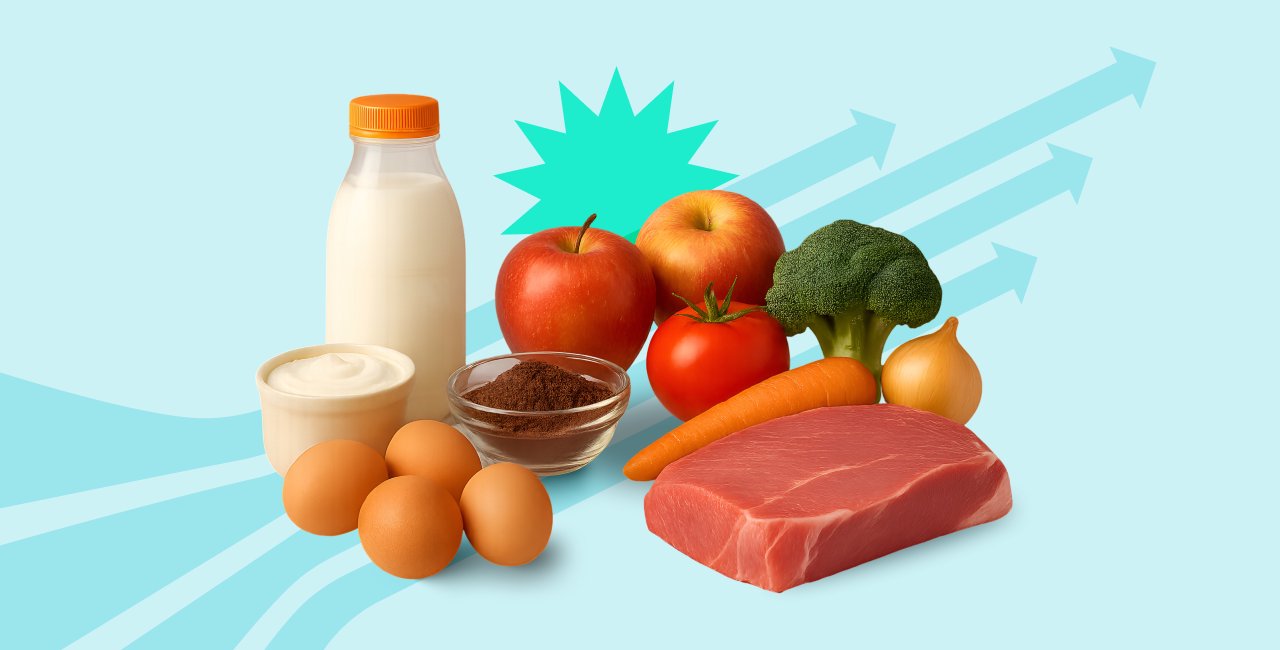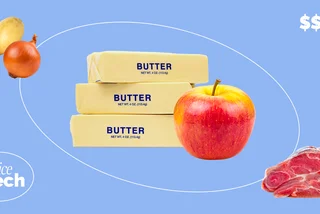If your Czech grocery bill has been climbing, climate change may be partly to blame. New research and official data show that extreme weather is increasingly affecting food prices nationwide and abroad, with both domestic agriculture and international markets feeling the pressure.
Weather abroad affects Czech wallets
Czech shoppers are feeling the effects of extreme weather abroad. A newly published scientific study co-authored by the European Central Bank (ECB) highlights several international disruptions that have influenced global food prices.
The ECB estimates that extreme weather, driven by climate change, is pushing food inflation across the eurozone. In Czechia, that translates into higher costs for consumers and more strain on household budgets.
For example, in West Africa, cocoa prices spiked by nearly 300 percent last year after a heatwave in the Ivory Coast and Ghana, which together produce about two-thirds of the world’s cocoa. These global events have ripple effects, and cocoa has subsequently increased in price at home.
From fields to fridges, Czech crops are hit
According to the Czech Statistical Office (CZSO), the 2024 harvest saw year-on-year declines in nearly every major crop. Farmers reaped fewer cereals, oilseeds, legumes, vegetables, fruits, grapes, and hops.
The lower yields reflect growing instability in weather patterns, including unexpected rainfall and prolonged droughts that complicate planting and harvesting. Lower yields mean a smaller supply of basic foodstuffs – this ramps up prices.
Grocery prices climb
Overall, food prices in Czechia have increased by around 15 percent compared to the same time last year. Certain products, such as dairy, eggs, cocoa, and apples, have seen especially steep increases over the past two years.
Prices for meat, fruits, and vegetables have recorded the sharpest increases, with staples such as potatoes, onions, and olive oil maintaining their upward trend.
Climate isn’t the only culprit
Weather is only part of the problem. According to Marek Zemánek, spokesman for the Food Chamber of the Czech Republic, high energy prices in Czechia continue to raise production costs. Unlike some neighboring countries, Czechia does not subsidize energy for food producers, which puts them at a competitive disadvantage.
Rising wages throughout the supply chain, from farmers to retailers, also contribute to price increases. In addition, bureaucracy and environmental regulations can raise operating costs for producers.
The forecast doesn’t look rosy
Climatologists in Czechia agree that increasing global temperatures are leading to more frequent and intense weather extremes. They point to a direct link between a warming atmosphere and shifts in rainfall, drought, and heatwaves. As these patterns continue, the pressure on food systems in Czechia and around the world is likely to grow.

